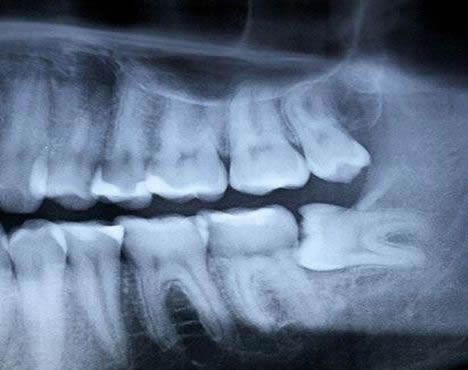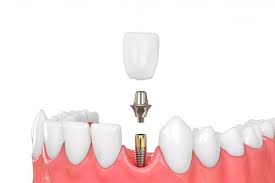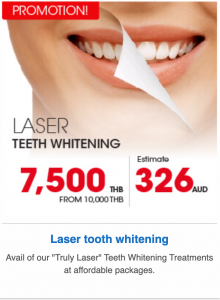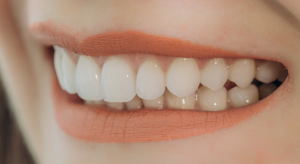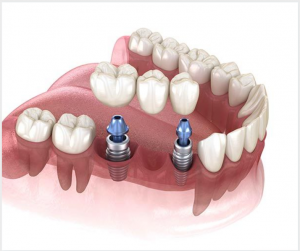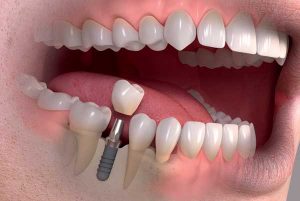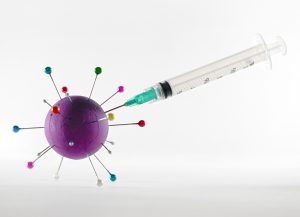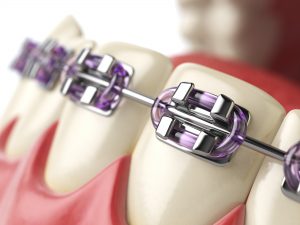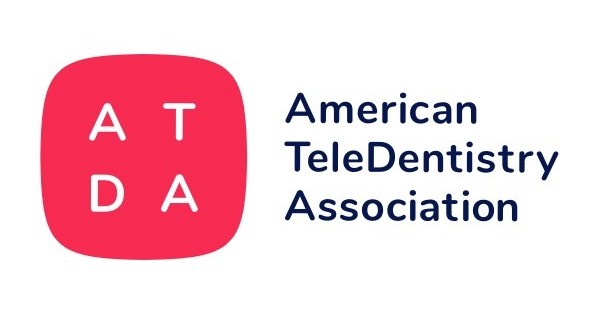Wisdom teeth are permanent adult teeth located in the four corners of the mouth. If the tooth has no space to grow it remains inside or impacted in the jawbone. It will cause pain and infection, and other dental health problems. Dental surgeons recommend that wisdom teeth should be extracted to prevent problems in the future.
Many patients come for impacted wisdom tooth extraction, some partially erupted and some not, the tooth have to be removed because of the following:
- The tooth is impacted and won’t come out normally.
- Pain is caused by the tooth trapped in between the gum and jawbone.
- The tooth erupted at the wrong angle.
- Your jaw is not big enough to accommodate one more tooth.
- The wisdom tooth cannot be reached by toothbrush so it is difficult to clean and is prone to cavities and infection.
Problems caused by impacted wisdom teeth if not removed
- Pain
- Gum infection
- Tooth decay
- Damage to the surrounding tooth
- Orthodontic complications
- A cyst develops around the wisdom tooth
Extraction of wisdom tooth is a surgical procedure that involves gum incision and stitches and just like other surgical procedure may have possible complications such as a dry socket, this happens when the blood clot is dislodged from the surgical area, infection in the dry socket due to bacteria and nerve damage around the tooth and sinuses.
Prepare yourself for surgery
This procedure is an outpatient procedure unless complications arise patients are allowed to go home after observation. Preparation instructions will be given to you before your scheduled surgery
- Time of appointment and preparation time
- How long the procedure takes
- You will need someone to drive for you after the surgery
- Food and drinks that you need to avoid
- Inform them of the medications you take for further instructions, you may be required to see the doctor who prescribed you the medications.
Before the procedure starts, your dentist give you anesthesia, depending on how complicated the tooth position is, there are three choices for anesthesia
Local Anesthesia
Anesthesia is injected in the surgical area
Sedation
You will be given an IV line where the sedatives will be delivered, this option may put you to sleep and by the time you wake up the procedure is all over, you may or may not be able to remember the procedure.
General Anesthesia
The procedure is usually done in an operating theater and will require vital signs monitoring while the surgery goes on.
During wisdom tooth surgery, an incision is made by your dentist in the gum to expose the impacted tooth and bone, in some cases, the tooth may be cut into sections for easier extraction. The surgical area will be cleaned of remaining tooth fragments to enable the wound to heal properly without complications, then the wound will be closed for faster healing.
What happens after the procedure
You will be sent to the recovery room after the surgery, but if you were given a local anesthetic, the recovery time is faster. Your healing will depend on how you follow the dentist’s aftercare instructions.
- Pain management
Pain medications will be given over the counter or prescription medications, the latter may be needed if there is bone removed, cold compress may also help relieve pain.
- Bleeding
There may be continuous bleeding on the first day of surgery, avoid sucking and spitting this may cause more bleeding, replace the gauze as directed.
- Swelling and bruising
A cold compress may help as directed by your dentist, swelling and bruising will improve in a few days.
- Activity
Avoid strenuous activities, rest for the whole day and resume light activities the following day for at least a week.
- Food and drinks
Eat soft foods for the first 24 to 48 hours, try semi-solid food as tolerated, do not eat hard, spicy and chewy foods these may irritate the wound. Drink plenty of water and avoid alcohol, carbonated, and caffeinated drinks for at least 24 hours do not use a straw when drinking.
- Cleaning your mouth
Rinse your mouth with a mouthwash prescribed by your dentist for the first 24 hours. Brush gently using a soft-bristled toothbrush.
- Stitches
Dissolvable stitches are often used in this type of surgical procedure and will not need to be taken out.
You must keep your dentist’s contact details in case of emergency, you may need to call your dentist when the following problems happen:
- Breathing and swallowing difficulties
- Non-stop excessive bleeding
- Fever
- Severe pain
- Swelling after a couple of days
- Pus is present in the socket
- Numbness
- Blood or puss coming from the nose
- Blood or pus in nasal discharge
If you have symptoms of the above-mentioned complications, do not wait for your follow-up check and go back to your dentist as soon as you can.
DentistConsultationHub.com is an online platform using Artificial Intelligence technology to offer unbiased consultations, estimate fees, and refer patients to a qualified and pre-approved dentist network. The company is headquartered in Bangkok, Thailand, and serves the following regions.
USA- Florida, Nevada, New Mexico & Arizona
Thailand- Bangkok, Phuket
Australia: Sydney & Melbourne
The company services include New Consultation, Second Opinion, Dispute Resolution, Peer Support & Dentist-Matching Services. For more information, please email contact@DentistConsultationHub.com.







